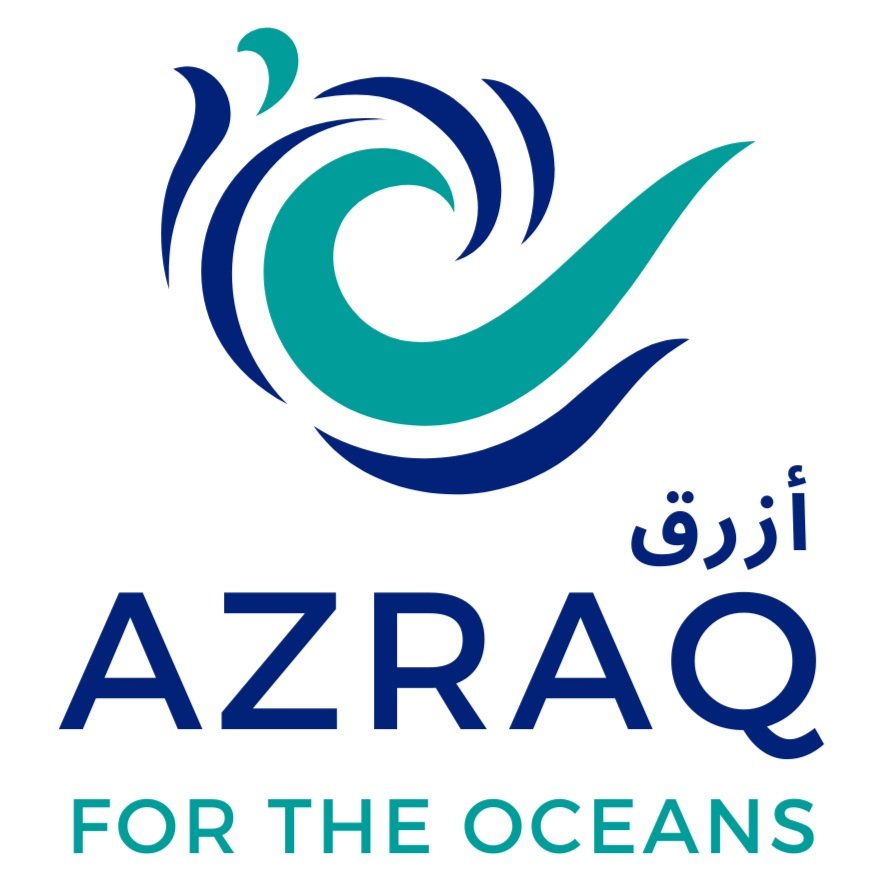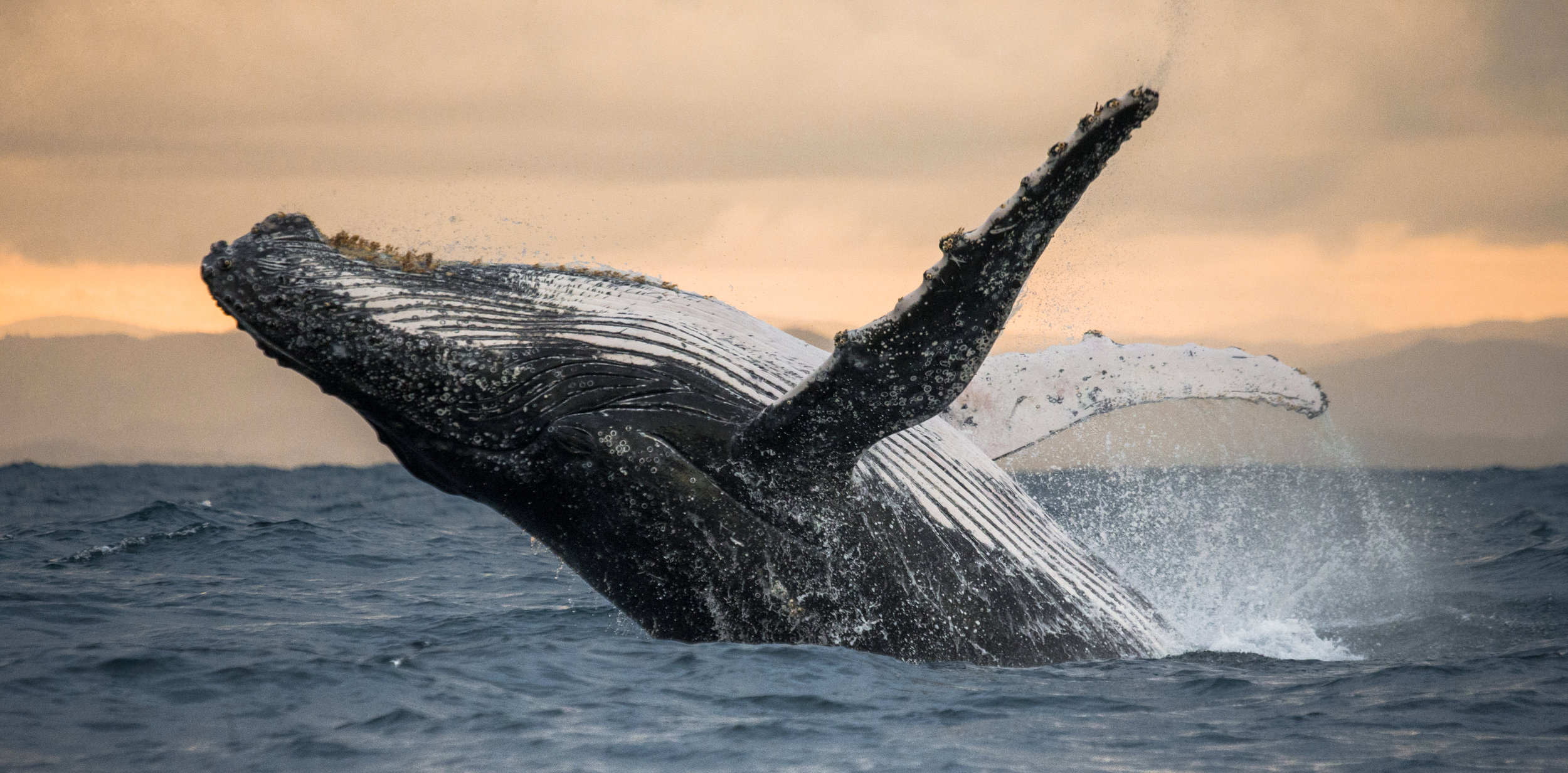Commentary: Natalie Banks, Managing Director, Azraq
All too often, I am sent an update on the so-called latest solution to plastic pollution. From various bio-plastics, to turning plastic bottles into t-shirts or blankets and of course, the excitement around the Ocean Cleanup Project.
While each of these initiatives have some merit, the reality is that they are often far from offering a true solution. Most bioplastics require industrial composting at temperatures and for lengths of time that most countries can not provide or offer. Recycling plants also need to ensure that some bioplastics are not mixed with the plastics that can be recycled as they can ruin the whole batch, and therefore they are forced to install sorting solutions, or reduce their already low recycling rates. Globally, after 70 years of plastic consumption, and various awareness campaigns, we are at 9% recycling rates. Although bioplastic is made without the toxins associated with fossil fuels; without the proper disposal solutions in play, they generally end up in the same location as standard plastic; in land fill or in our oceans.
Turning plastic bottles into t-shirts or other merchandise, sounds like a great idea. Azraq has of course been promoting repurposing plastic, however, and this is a big one folks, anything that needs regular washing that is made up of plastic (even polyester, nylon, elastic, spandex etc) shreds mirco plastic fibres which goes from our washing machines, into the grey water and then into the oceans. Proponents of these initiatives like to point out that all materials shred micro fibres and they are of course correct. But natural fibres will rot in the oceans and do not cause the havoc on marine environments or marine animals (and therefore ourselves) like micro-plastics do.
And despite any type of clean up activity, be it via technology or manually, the end issue is that the waste still needs to be rid of somewhere. I want to reiterate it, in case you missed it; globally we are at 9% recycling rates. Most products being produced and ending up in our oceans like plastic straws, coffee cups, micro fibres, cigarette butts and plastic bags can not be recycled and end up yet again in landfill, giving off toxic gases like methane.
There is no magic pill to this issue folks. Even bans and taxes on plastic can be fraught with danger. The first problem with an outright ban, of course, is enforcement. When the current media attention dies down, will the authorities have the necessary resources or will to monitor the production of plastics globally? Furthermore, as with other bans and taxes, there are distributional effects as it is generally the poor producers and consumers who get the short end of the stick as richer users usually find both illegal and legal ways to beat the ban. In this case, this behaviour is already evident since big multinational companies such as Amazon and H&M are lobbying for exemptions and will probably get them, leaving the small trader to bear the brunt of significant repackaging costs and potential loss of produce.
Although many countries have announced bans on single-use plastic items, the follow through on this has often not been considered properly. In Australia, the two largest grocery shopping chains Coles and Woolworths have had to backflip on their promise to ban the plastic bag by 1 July this year as there were concerns when people forgot their reusable bags. Now this one could be easily addressed by implementing both a boomerang bags initiative within the stores (which would also be beneficial for those from low socio-economic backgrounds), and by having cardboard boxes available for those that forget their bags. How and why this wasn’t thought of prior to introducing the bans are beyond me.
Banning plastic straws completely has left many in the extremely disabled community and their carers up in arms about how they will manage to have a drink on a night out at their favourite restaurant or bar. Of note, and great interest however, is that San Fransisco has included bioplastic straws as part of their straw ban due to studies revealing that bioplastic does not break down in marine environments and poses just as great a risk to marine wildlife as petroleum-based plastics.
Banning disposable cups means that the outlets that usually provide these measures need to consider how they deal with the variety of issues this brings. That is to say, filtered water and cups need to be made accessible and reusable cups made available for both in-house and take away clientele. Is there enough personnel and space in the cafe to cater for these measures and do they meet the government’s health and safety requirements? The list goes on.
So what needs to be done?
Solving the plastic pollution crises requires a three-pronged approach, individual changes, industrial changes and policy changes. Individual changes are the easiest of the three. An individual does not need to consider all of the issues that industries and governments need to, nor do they need to spend anywhere near the amounts of money to introduce the change. That is why Azraq has been running awareness campaigns on what individuals can do to refuse, reduce, resuse, recycle and repurpose plastic, particularly single-use plastic. One of the easiest transitions away from plastic for each of the three prongs is the plastic straw. Most people do not even need straws and this is again why Azraq joined the #stopsucking initiative in the United Arab Emirates in conjunction with Freedom Pizza in February this year. In terms of those with disabilities that require a straw, we ask that outlets only provide straws on request and encourage everyone to consider having their own reusable straw if they need one.
Industries need to consider how they will truly close the loop regarding plastic production. I am beyond concerned to note that very few organisations that generate plastic pollution, including manufacturers of bioplastic and those turning plastics into merchandise, are involved in the improvement of recycling or composting facilities and technologies, despite contributing to the problem. This is of even greater importance as more countries follow the footsteps of China and refuse to accept plastic waste from other countries and when a crash in the global market for recyclables is forcing communities to make hard choices about whether they can afford to keep recycling or should simply send all those bottles, cans and plastic containers to landfill. Even worse, and potentially due to the crash, is the news of the plastic recycling industry in Britain being accused of leaking pollutions into the oceans and exaggerating waste figures.
Why is it the industry is still generating plastic waste on an unimaginable scale globally when we don’t have the ability or facilities to deal with it? Shouldn’t we be focussing our time and resources on the end solution instead of the mass production of plastic waste?
This is an extremely serious issue and one that requires extremely serious solutions, not a half-measured one, nor the amount of greenwashing that is currently prevalent while plastic pollution remains a popular topic.
I look forward to being involved in some genuine roundtable discussions in the future to truly solve the issue of the plastic pollution crises and the starting point must be about improving the industry dealing with waste, otherwise it is just a networking session and unfortunately we are running out of time.

